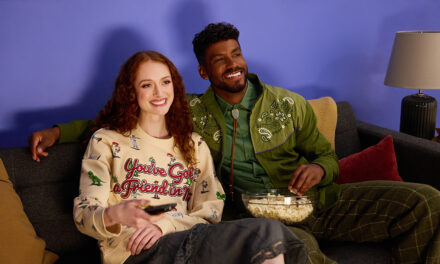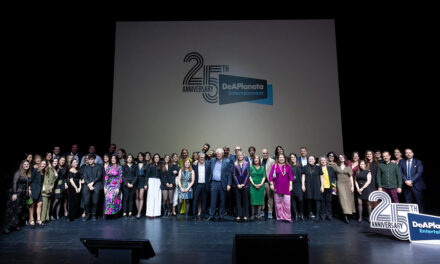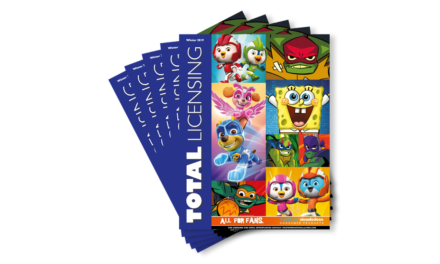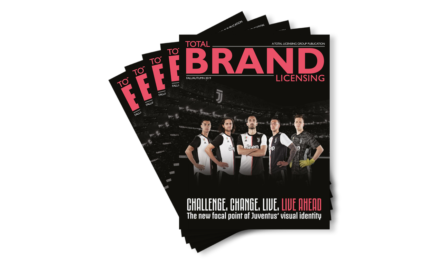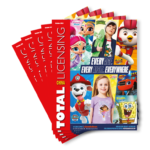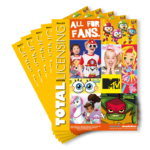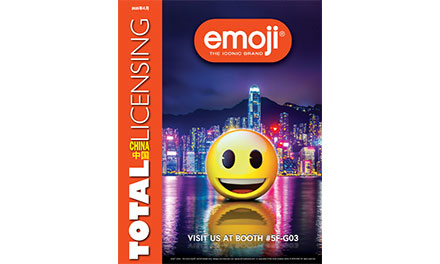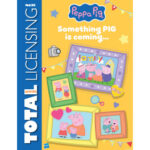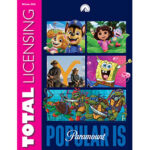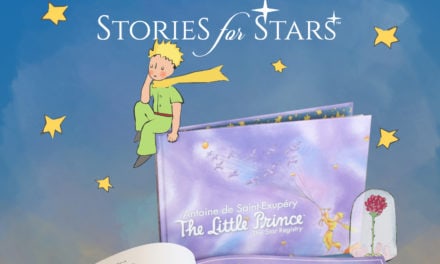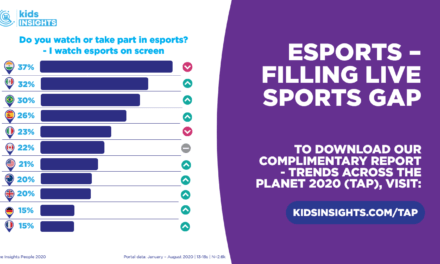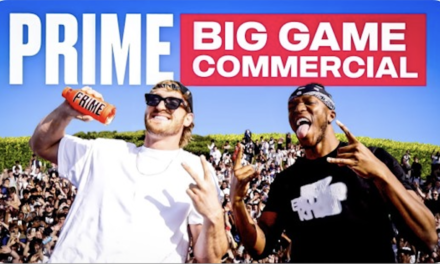
Motoring brands and the fashion market: getting into gear
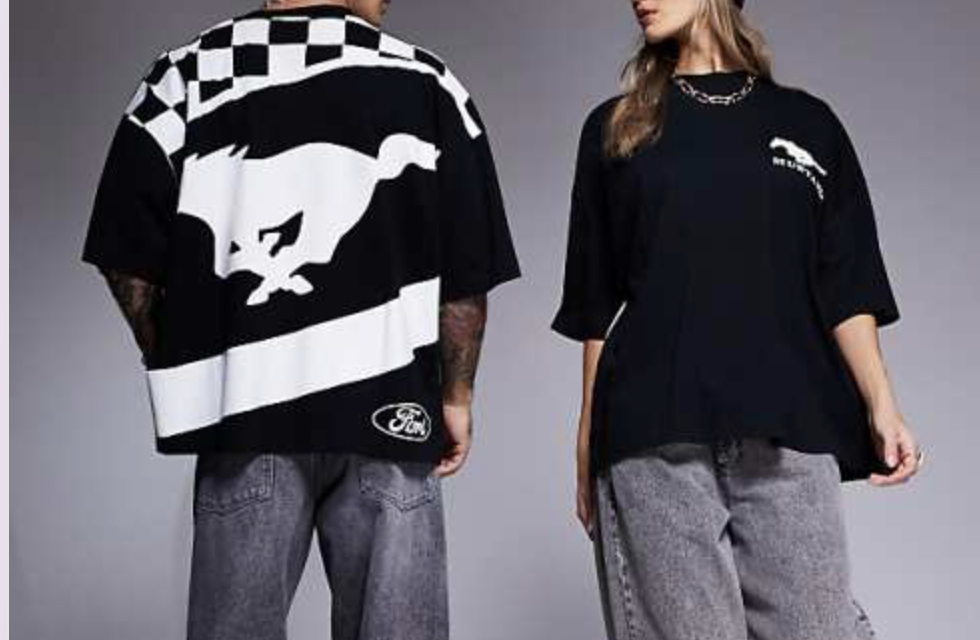
Motoring and motoring-related brands make up a significant part of the business of Poetic Brands, a leading name in licensed apparel, and, says Poetic CEO Elliott Matthews, it’s going to get bigger.
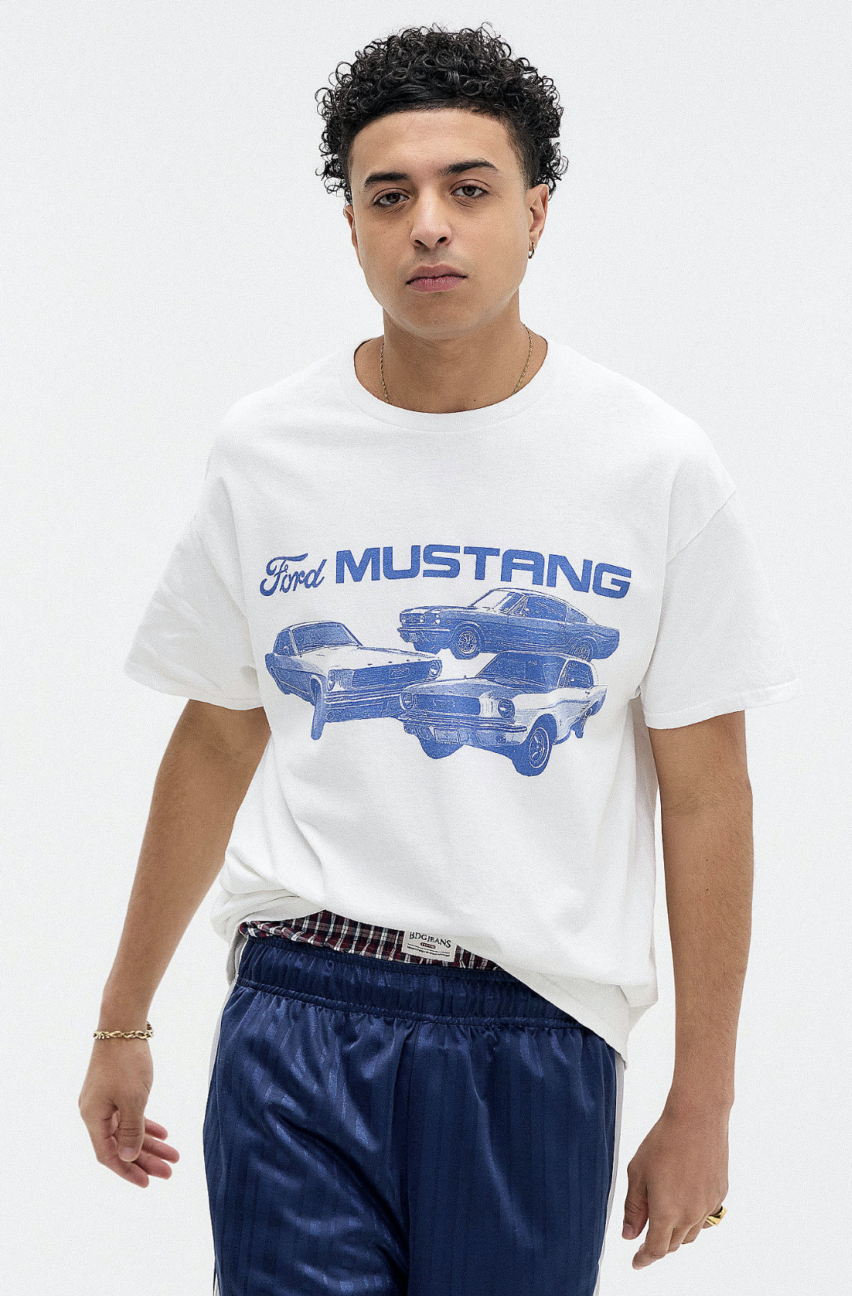
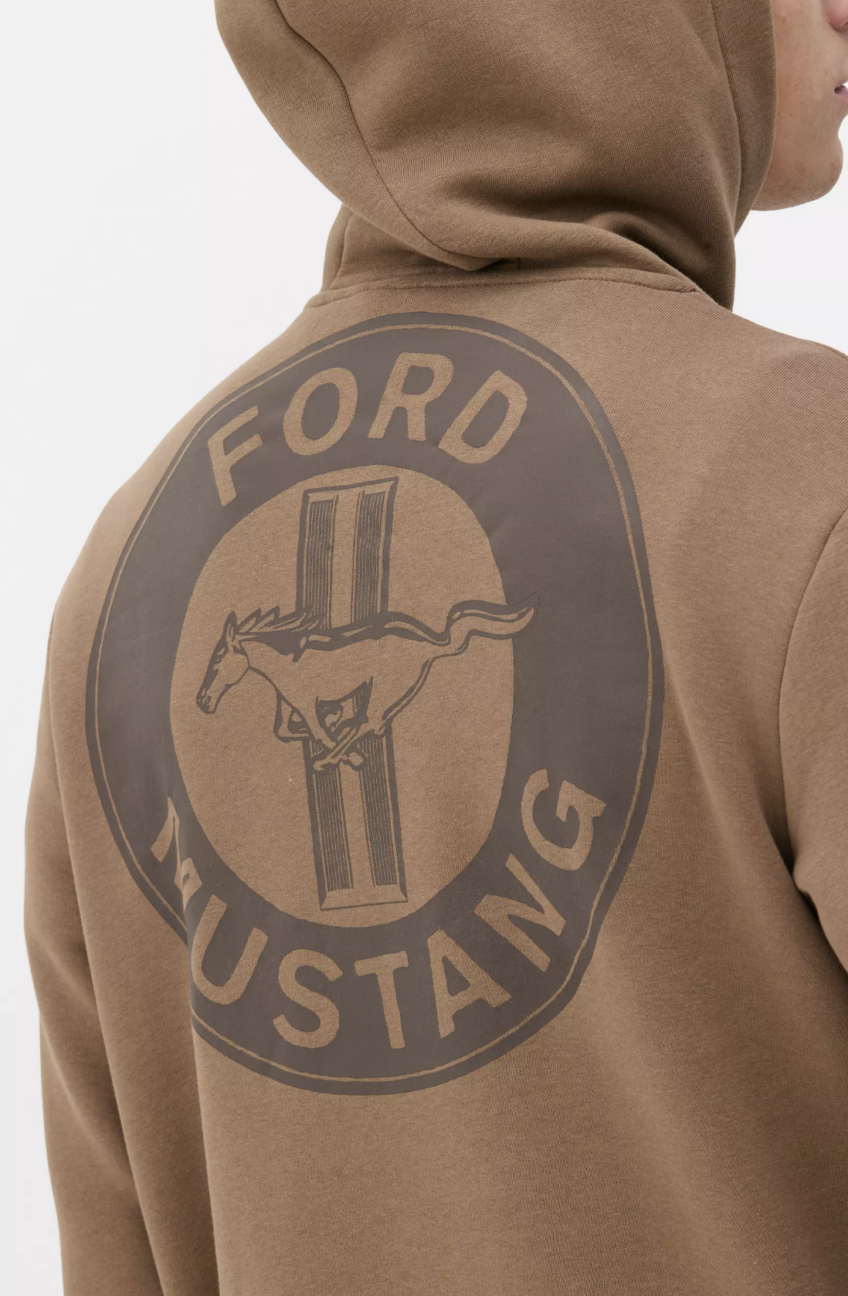
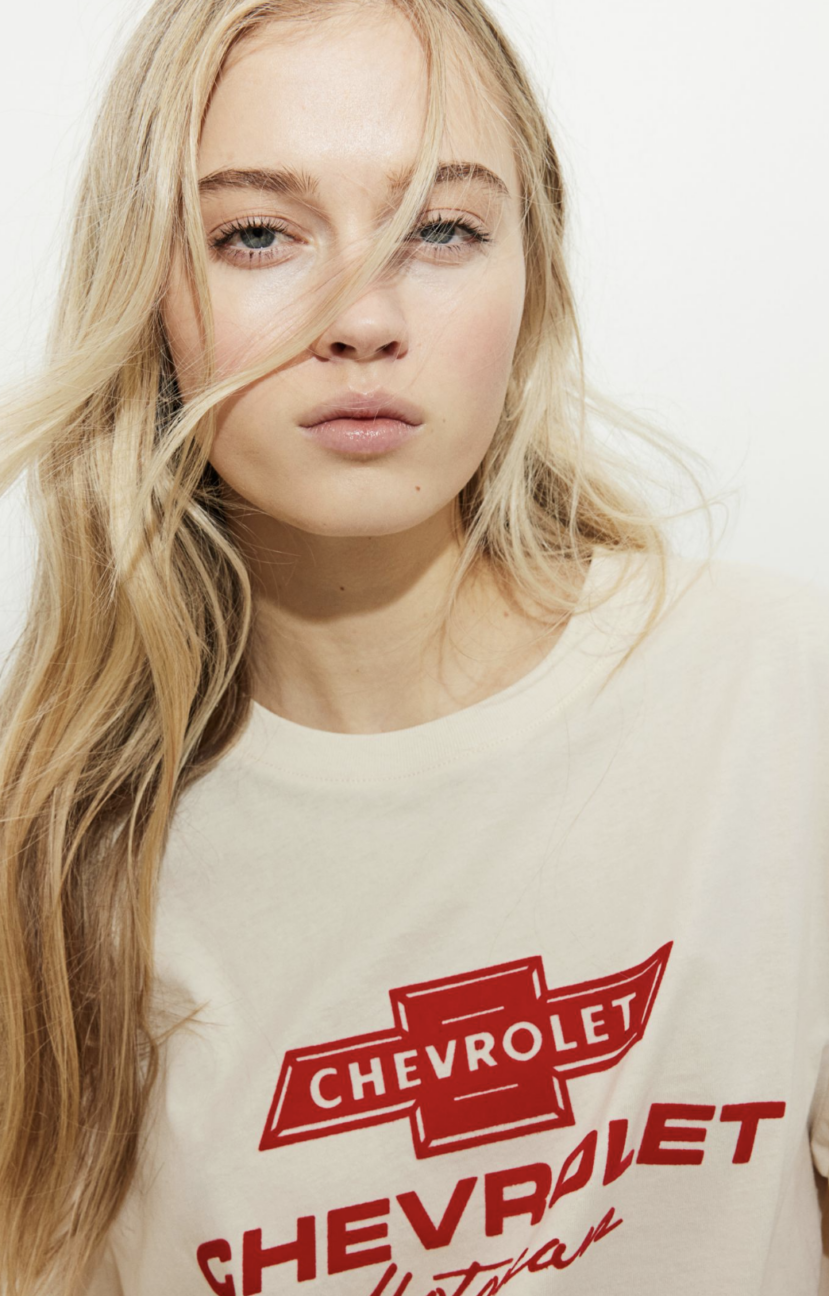
A lot of motoring and motoring-related brands enjoy levels of awareness and style that make them an ideal partner for fashion licensees.
It’s not just about the car marques – those instantly identifiable brands like Ford and Chevy. There are stylish brands relating to motorbikes (like Triumph or BSA), road races (Grand Prix, Indy 500, Le Mans) and even brands that make original parts for classic cars.
All have an appeal that extends well beyond their association with car, bike and race lovers to encapsulate an idea of style and excitement that appeals to a large audience and looks great on merchandise – especially apparel. And this is where Poetic Brands comes in.
Poetic Brands has, for more than 15 years, been a leading name in the highly competitive area of licensed clothing. Its original focus was the adult market, which has long been a successful one for its high-quality, innovative, ethical and sustainable products.
However, in recent years Poetic Brands has developed a strong presence in the baby and children’s demographic. It has also moved from apparel alone into accessories, although many of these products, such as bags, swimwear and luggage, are still connected to the fashion world it knows so well.
What hasn’t changed has been the company’s ability to spot potential in some very diverse brands. In 2024 alone it became a licensee of a number of wildly differing properties including hip-hop giant Snoop Dogg, movie megahit Wicked, collectible plush Squishmallows, and motoring names General Motors and Ford.
The last two on this list are especially relevant to this feature – and they are not alone. Motoring and motoring-related brands now make up a significant part of the Poetic Brands business, inspiring adultwear and kidswear such as sweatshirts, t-shirts, hoodies and jackets, along with nightwear, socks and headwear.
These brands includes Shelby, the American automotive designer, racing driver and entrepreneur whose work includes the classic Cobra and Shelby Mustang. Then there’s the Ford Portfolio, including GT40 and (again) Mustang. Poetic also produces clothing inspired by General Motors’ key brands such as Chevrolet, Cadillac and Hummer.
As we noted earlier, it’s not just cars that have inspired major brands. Poetic works with universally known tyre brand Goodyear and British Motor Heritage, which is world-famous as the manufacturer of original parts for the British classic car industry.
There’s a strong classic bike element too. Poetic partners Brough Superior Motorcycles and BSA Motorbikes, building on the success of classic motorbike designs loved by collectors for decades.
And let’s not forget famous sporting events. Poetic works with the brand Le Mans, which namechecks one of the best-known road races in history. Indeed, the popularity of Le Mans has recently inspired a collaborative brand, Le Mans X Steve McQueen, bringing together a film about the 24-hour race with its legendary star, himself a renowned fan, and driver, of classic cars.
It’s quite a list. But why does Poetic take a large – and growing – number of its licenses from motor-related brands?
In some ways it’s not too difficult to understand. The stylish, iconic Ford Chevrolet and Corvette logos, for instance, are unmistakeable on their own. However, adding the famous Mustang cobra design or outlines of classic cars like the Mustang or Chevy certainly boosts the ‘wow’ factor. Even people who don’t know the Chevrolet brand can appreciate the unique imagery of the cars on a sweatshirt.
However, says Elliott Matthews, CEO and founder of Poetic Brands, there are other reasons, connected with awareness and trends, that make this an excellent time to be involved with motor brands. As he explains: “The huge resurgence of Formula 1, coupled with increased media coverage and documentaries about motorsports, has heightened public interest, influencing fashion trends that reflect motors and racing culture.”
Cars and motoring brands, he explains, are having a real golden moment and, he says, “it’s only set to get bigger – across all apparel retailers: men’s, ladies’ and kids’. It’s even trending in babywear!”
Indeed, in recent years many street and fashion brands have embraced motor and motor sport brands and have released collaborations.
Take Percival, a menswear brand that highlights a classic quintessential British sense of style. There you will find the limited edition Ford x Percival Menswear collection. Celebrating 60 years of the Mustang, it’s a collaboration that honours Ford’s legacy while offering a fresh and contemporary take on bringing classic automotive aesthetics into garments.
Abercrombie & Fitch, meanwhile, teamed up with some great racing names in early 2024 for the Williams Racing collection honouring the British Formula One team whose drivers are a who’s who of the racing world, including Keke Rosberg, Nigel Mansell, Alain Prost, Nelson Piquet, Ayrton Senna and Jacques Villeneuve.
As for why such brands are appropriate for apparel in particular, it’s clear that multiple elements influence the design of motor-inspired clothing, along, of course, with the cars and the thrill of the racetrack. As Matthews explains, racing, workwear or pit crew fashion trends can come into play to give designs more authenticity. Many of the brands involved also lean into a number of areas such as heritage and nostalgia, brand logo appeal, trust and global aspirational appeal.
“There are so many different brands available and therefore design interpretations that can be applied: retro, vintage, classic, modern and racing, to name only a few,” Matthews points out.
Poetic made its name monitoring brand trends relevant to fashion, so you might assume that working with car, motorbike and race brands is a strategy. Not quite. Matthews calls it “a happy accident that we’ve leaned into”. As he explains, “We’ve had Ford, BSA bikes, Gas Monkey Garage [a hit US car restoration show] and Goodyear for some time. We did a ladies’ Ford collaboration with Missguided back in 2020. From there we started to do more motors – and it’s taken off. Today we have a great motor and motor-related portfolio, including the wonderful General Motors portfolio, Le Mans, British Motor Heritage, Brough Motor Bikes, and Shelby.”
It is hard to deny that models of both sexes look cool in clothes inspired by these brands, but it still takes a lot of behind-the-scenes work to design clothing that accurately reflects the spirit and ideals of such different brands.
Matthews explains: “Each brand and IP has its own identity, characteristics, heritage and values. We spend time to deep dive into these brands to better understand them and take all of these factors into consideration when developing products. This gives them a point of difference and true identity.”
It certainly helps that the assets are so memorable. “Many of the brands have a rich heritage in their archives which span decades of history. To be able to gain access to this is invaluable for us.”
Even those brands without established style guides encourage Poetic to do its own research. While working with the marque is a pretty good start, other visual elements can be incorporated, and, says Matthews, “it’s quite often a mixture of both and can lead to some great creative products”.
The most recent Poetic brand partnership, Steve McQueen X Le Mans, is about to underline that point. Poetic plans to bring its strong reputation for high-quality, popular and ethically sourced lifestyle collections together with two motor racing names that enjoy very high levels of awareness and a lot of arresting imagery – and thus a lot of design potential. Poetic is now planning a wide range of adults and kidswear, along with nightwear, socks and headwear, for this exciting collaboration.
But is there a single reason for the enduring popularity of motoring brands? Well, the term ‘iconic’ pretty much sums it up. Most of us recognise the Ford Mustang cobra or the Chevy logo, and many people feel they look good with those classic images on their sweats or hoodies – even those who don’t know their torque vectoring from their traction control.
For a company in the licensed apparel business, brand appeal doesn’t get much stronger than that.

